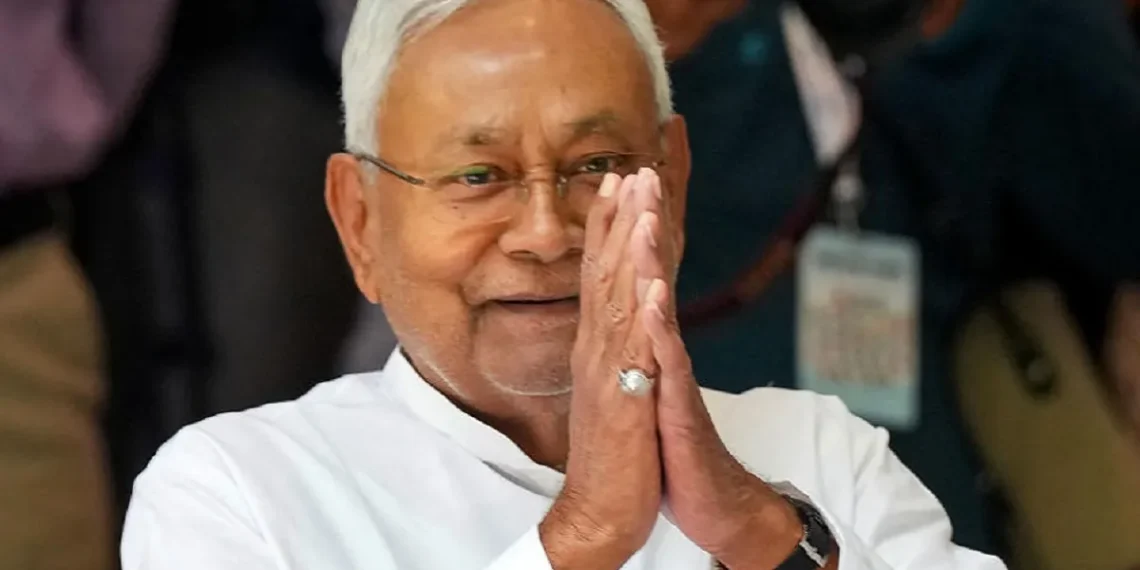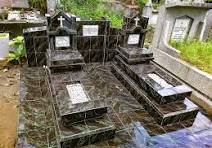Announcing 125 free electricity units per household, Nitish courts voters ahead of polls—despite Bihar’s fragile finances and a ₹2.76 lakh crore debt pile.
BY PC Bureau
July 17, 2025: Bihar may be one of India’s poorest states, but when it comes to pre-election giveaways, Chief Minister Nitish Kumar is keeping pace with the best of them. On Thursday, just months ahead of the October-end Assembly elections, Nitish announced free electricity for domestic consumers using up to 125 units per month—a move likely aimed at wooing voters.
Ironically, this comes despite repeated criticism from Prime Minister Narendra Modi, who has often slammed the culture of “revdi” (freebie) politics during campaigns in opposition-ruled states. Yet, PM Modi himself is expected to visit Bihar soon, where he is likely to announce his own set of populist schemes in the run-up to the elections.
Making the announcement on X (formerly Twitter), Nitish wrote:
“We have always ensured affordable electricity for everyone. Now, starting August 1, 2025—based on July’s billing—all domestic consumers will receive up to 125 units of power free of cost. This will benefit around 1.67 crore households across the state.”
He added that over the next three years, the government aims to install rooftop or community-based solar power plants for these households, subject to their consent.
हमलोग शुरू से ही सस्ती दरों पर सभी को बिजली उपलब्ध करा रहे हैं। अब हमने तय कर दिया है कि 1 अगस्त, 2025 से यानी जुलाई माह के बिल से ही राज्य के सभी घरेलू उपभोक्ताओं को 125 यूनिट तक बिजली का कोई पैसा नहीं देना पड़ेगा। इससे राज्य के कुल 1 करोड़ 67 लाख परिवारों को लाभ होगा। हमने यह…
— Nitish Kumar (@NitishKumar) July 17, 2025
Further, under the Kutir Jyoti Yojana, the state will fully fund solar installations for the poorest families, while offering financial assistance to others to shift toward renewable energy.
This announcement is expected to be the first of many as Bihar gears up for a high-stakes election season.
READ: Chaos and Controversy: ECI Under Fire Over Bihar’s SIR (1)
Bihar’s Fragile Finances and the Freebie Burden
Bihar remains one of India’s poorest states, with a per capita income of just ₹66,828, far below the national average. Despite recent economic growth, the state’s financial health is precarious. Over 75% of its revenue comes from central government transfers, while its own tax revenue remains limited at around ₹49,700 crore.
The state is grappling with a high fiscal deficit (₹35,660 crore in FY 2023–24) and a public debt burden nearing ₹2.76 lakh crore, amounting to over 32% of its Gross State Domestic Product (GSDP). With fixed obligations like salaries, pensions, and debt servicing consuming most of its budget, Bihar has very little fiscal space left for new welfare schemes.
READ: Bangladesh Halts Demolition of Satyajit Ray’s Ancestral Home
Against this backdrop, the recent announcement of free electricity for 1.67 crore households (up to 125 units per month) and promises of state-funded solar power installations raise serious concerns. These initiatives could cost the exchequer thousands of crores annually—money the state does not realistically have.
Unless Bihar significantly increases its revenue or receives substantial central support, such large-scale giveaways risk undermining essential spending on health, education, and infrastructure, further endangering the state’s long-term development.
.














